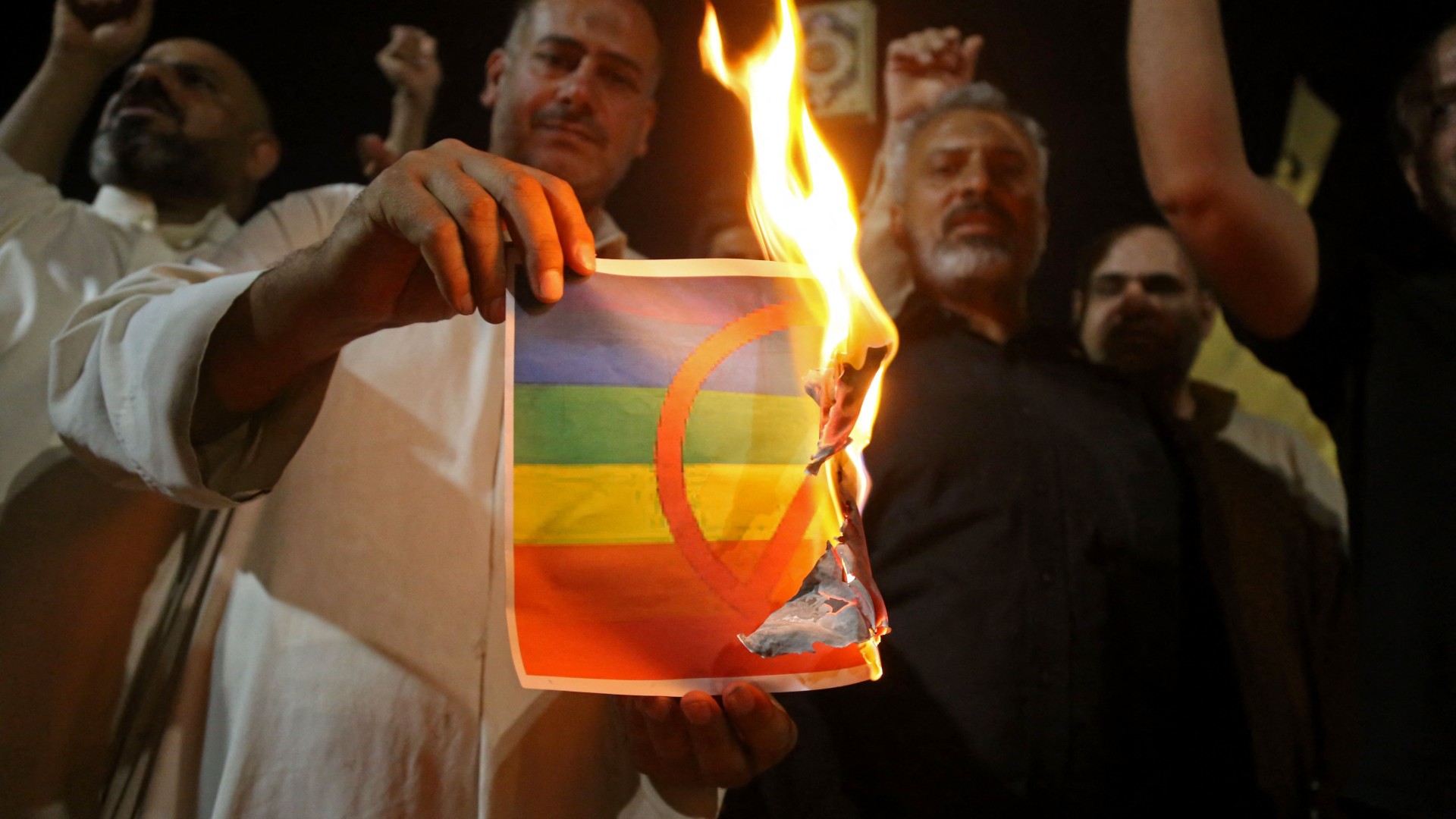
- Select a language for the TTS:
- UK English Female
- UK English Male
- US English Female
- US English Male
- Australian Female
- Australian Male
- Language selected: (auto detect) - EN
Play all audios:
Countries around the world without a chief nursing officer in their government are being urged to “walk the talk” during this special year for the profession and put one in place.
Howard Catton, chief executive of the International Council of Nurses, issued the call to action after a snapshot survey from the organisation found only 50% of states had a fully empowered
CNO.
"It’s a must to have nursing input at a very senior and strategic level"
In an interview with Nursing Times, Mr Catton said appointing an executive-level CNO was a “practical” and meaningful way leaders could mark the International Year of the Nurse and Midwife.
Best estimates up to now suggested that around 65-70% of countries had a government CNO however further analysis by ICN shows some are in name only and not truly operating at that level.
When excluding those without the full range of responsibilities, resources and influence associated with the role, Mr Catton said the real figure was believed to stand at around 50%.
He added that some of those with the title were not even registered nurses.
Asked why he believed it was important for government CNOs to be nurses themselves, Mr Catton said it was about the “practice-policy dynamic”.
“Good policy depends on understanding the reality, the complexity [and] the dynamics of practice,” he added.
“And practice needs to feed and inform that policy decision making and how health systems are designed as well.
“To try and put a wall or a divide between strategic policy decision making and...practice, I think you are not going to make the best policy, you are not going to design the best health
systems if there isn’t that link there.”
"This is a very simple way to walk the talk on your commitment to nursing"
Evidence pointed to little progress being made towards increasing the number of nurses at top tables over the past 25 years, noted Mr Catton.
He believed 2020 as the International Year of the Nurse and Midwife presented a perfect opportunity to force change.
“We think that promoting and increasing and developing nursing leadership is a hugely important part of not just this year but what the legacy from this year should be,” Mr Catton told
Nursing Times.
He added: “It’s a really obvious practical thing for this year.
“We have got great recognition of nursing from countries this year…this is actually a very simple way to walk the talk on your commitment to nursing. You haven’t got one, appoint one.”
His “bold” ambition is for every country in the world to have an executive government CNO in their teams.
“I’m not saying we can do that by the end of this year but that certainly could be an ambition that we can focus and work on this year,” he added.
“I think it opens up the whole debate about ‘why wouldn’t you have one?’ If half the countries do, why do the other half of countries not?”
In terms of the “added value” government CNOs could provide, Mr Catton said nurses were experts in modern health priority areas including chronic diseases, community services and
patient-centred care.
“Nurses are absolutely critical to delivering that, so actually if you want strong, strengthened health systems that are improving access to care and dealing with the health needs that
people are going to have, it’s a must to have nursing input at a very senior and strategic level,” Mr Catton urged.







